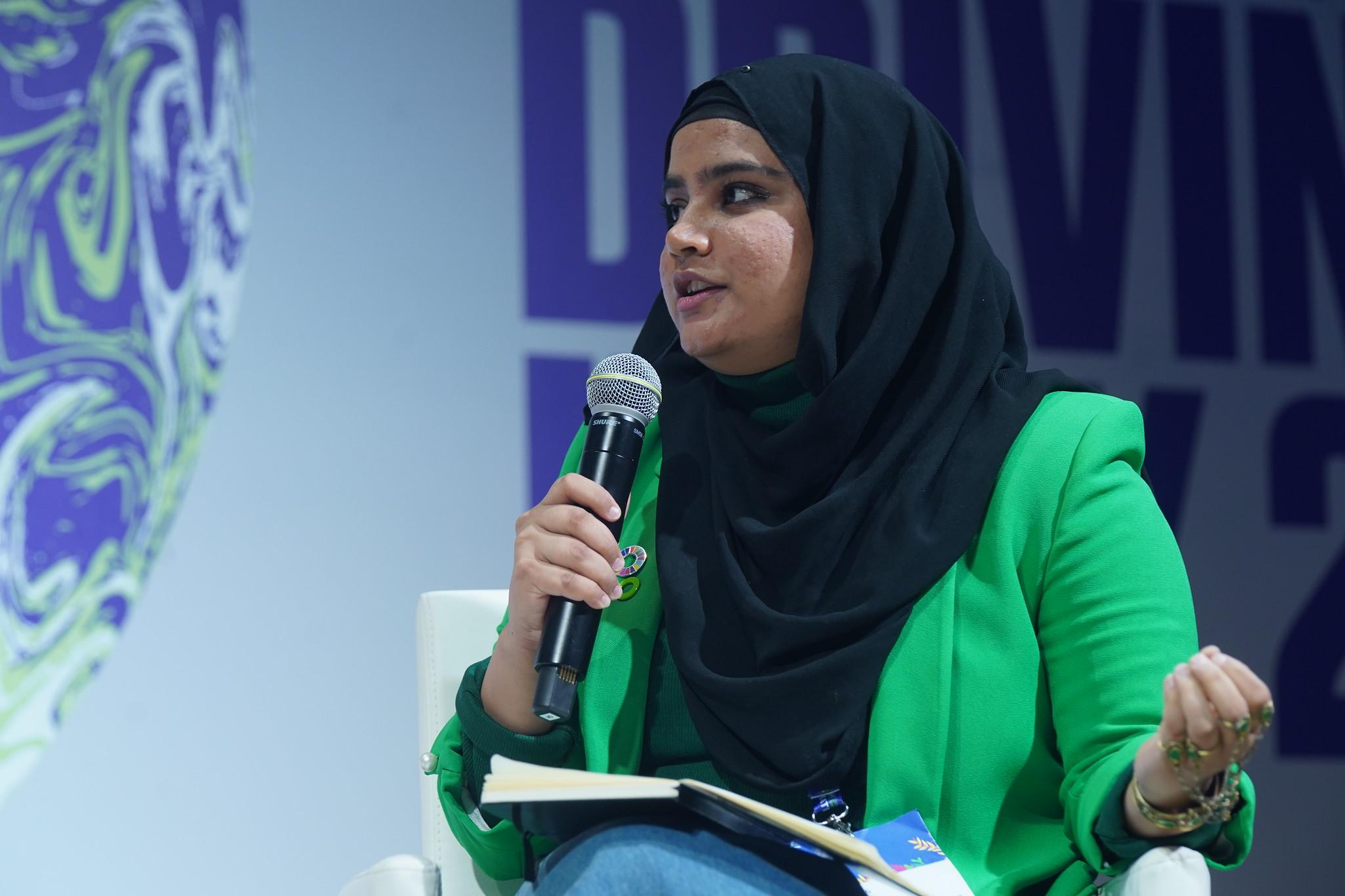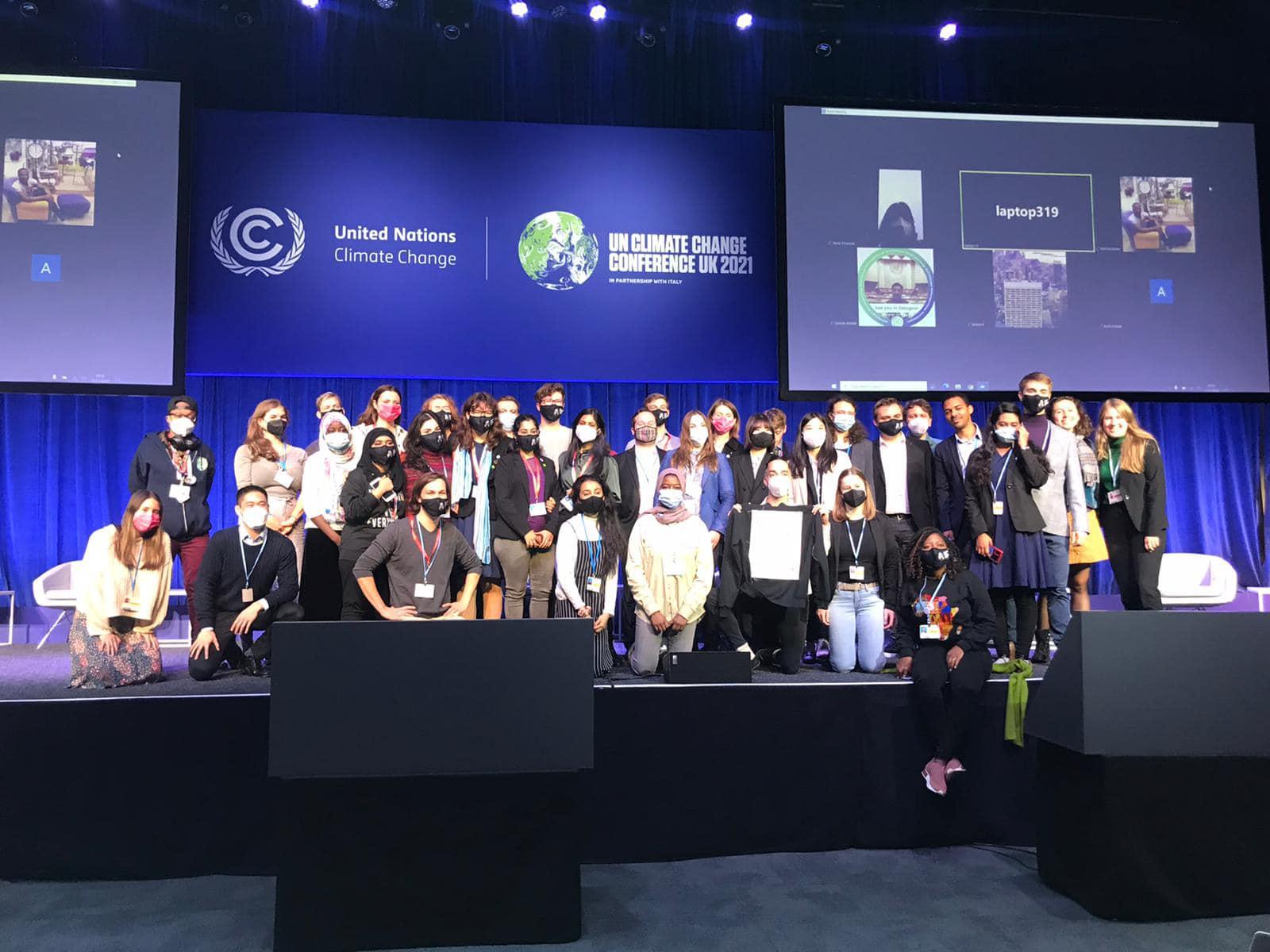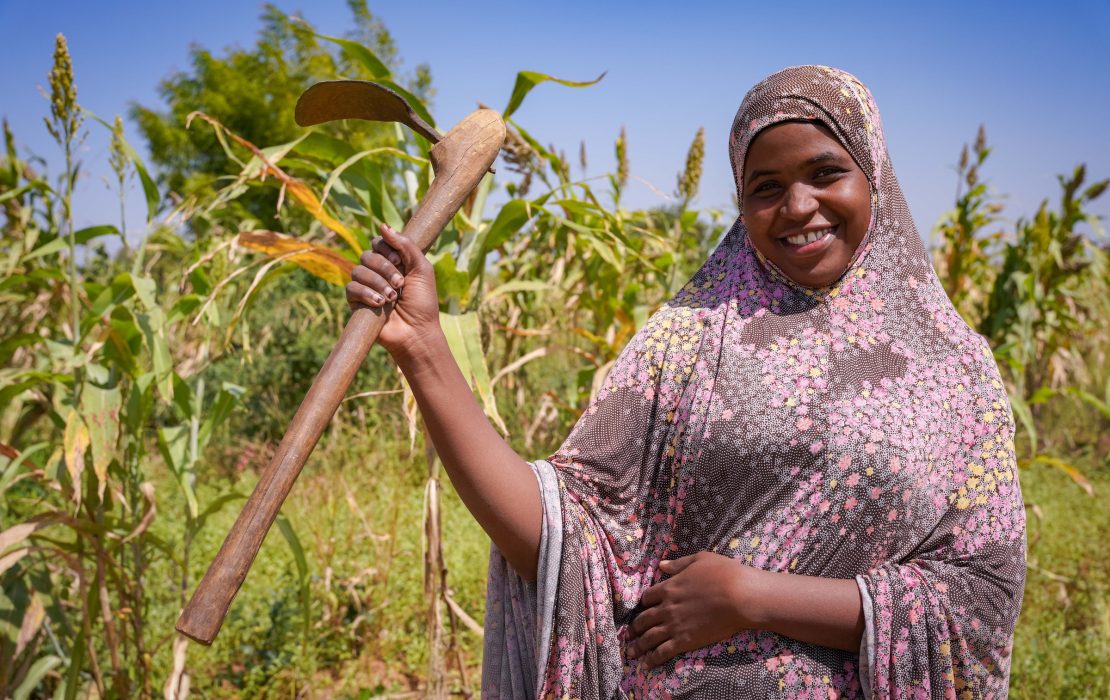
In 1972, the world`s first ever conference on human interaction with the environment took place in Stockholm Sweden, with the name of the United Nations Conference on the Human Environment.
The outcome of the event is known as the Declaration of the United Nations Conference on the Human Environment (or the Stockholm Declaration) and the Action Plan for the Human Environment. And one of the most concrete outcome of the conference was the creation of a focused UN entity on the Environment – The United Nations Environment Program (UNEP).
Fast forward to 50 years later: This year, the government of Sweden together with the government of Kenya, is hosting Stockholm+50: a healthy planet for the prosperity of all – our responsibility, our opportunity to mark the momentous occasion. The conference will once again take place during the week of the World Environment Day. The conference aims to have a non-negotiated outcome, meaning that it is not a COP or a General Assembly, but a concluding meeting to finalize the discussions that took place in the preparatory stages in the form of different consultations and “Informal Working Groups” on the three thematic Leadership Dialogues of the Stockholm+50. Apart from the high level plenaries, there will also be some side events and the associated events.
Role of youth at Stockholm+50
There are a lot of young people like me who have much to contribute to major climate and environment dialogues. Our goal is to make such conferences focus more strongly on children, young people and the future generations. My opinion is that without our voices at the table, the ambitious agendas of such events is just sweet talk and cannot go beyond a good publicity stunt.
The Stockholm+50 Youth Task Force is a group of young volunteers from all around the world engaging in the preparatory process of the Stockholm+50. These young people are from different youth constituencies, wider youth organizations and entities. Most importantly, they represent diverse voices from all corners of the world, including indigenous, vulnerable and marginalized communities.
Apart from the Youth Task Force, there is also a universal Stockholm+50 Youth Working/Focus Group which any young person can join.
Two major highlights from the work of the Youth Task Force includes a Youth Policy Position Paper, as well as the Handbook on Youth Engagement Framework.
The Youth Policy Position paper for Stockholm+50 includes inputs from the global youth, youth constituencies and wider youth-led and focused entities through several consultations which were open ended as well as thematic to the Leadership Dialogue topics of the Stockholm+50.
The Handbook on Youth Engagement Framework has been authored by young people for young people and world leaders on youth engagement at Stockholm+50. It also tackles the topic of how to include youth meaningfully.

Meaningful youth engagement matters
Meaningful youth engagement is a long discussed topic in many arenas. But we are yet to see its implementation. Most spaces remain occupied with tokenistic practices, especially exploiting free youth labor. We as young people are still striving against such practices so we can afford to be changemakers. Many young people choose to engage as volunteers because we believe in being catalysts for change and creating huge momentum, but by no means do we want us or our efforts to be taken for granted.
This burden is even greater for young people like me from the Global South. We put at risk our lives and mental health to make this world a better place. From the outside, the world only sees the campaigns, conferences, events being organized. What the world doesn’t see is the young dynamic forces of nature wh are putting tremendous amounts of effort into these actions. The world doesn’t see the efforts being under-recognized, the constant need of reaffirmation and dealing with endless culture differences. Despite all that, we do this work day in and day out.
It's time that we recognize the urgent need for providing adequate resources, circumstances and spaces for young people to volunteer. We must remember that these young people are at the very beginning of their lives and careers that, they need monetary support to survive or even afford to volunteer their time and efforts.
The recent guide on Meaningful Youth Engagement by UNDP can be a very useful tool for our advocacy together, as we are in our fight against free youth labor and lack of resources for the best of our heroes - our young people.
Stockholm+50 and Right to a Healthy Environment – A tool for advocacy
50 years ago, the Right to a Healthy Environment was first brought to the table. It was mentioned in the very first point of the Stockholm Declaration as a “Right to Life” and as a “Basic Human Right”. It still took the world 49 years to recognize this right as a basic human right, as last year this resolution got adopted by the UN Human Rights Council in its 48th session.
The link between human rights and environment is indisputable. Nonetheless, most of the world population is still deprived of their right to have a safe, clean and healthy environment. 90 percent of people in the world are breathing polluted air. For example in my home country of Pakistan, you have to be privileged enough to have access to clean drinking water.
More advocacy work is needed on this and many other issues. For us as young people, our goal is not having to go to Stockholm+100 as the leaders who failed their future generations. Our goal is to leave a sustainable, clean and livable environment for future generations. Our goal is to turn the high ambition and sweet talks into action, and to claim our Right to a Healthy Environment as a basic human right.
I hope that Stockholm+50 will be the place remembered as a game changer for achieving these goals.

